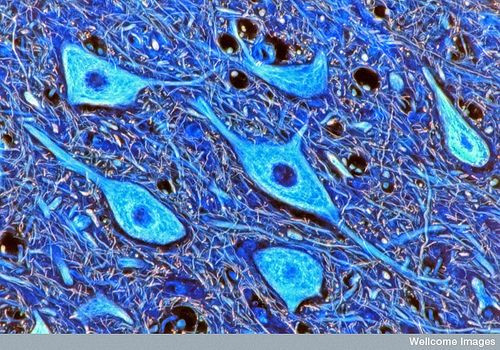Improving Memory: Study Sheds Light on Synapse Inefficiency

Researchers have found an important drug target that helps reverse cellular changes in learning and memory. found according to animal study, published in The Journal of Neuroscience.
The findings one day could aid in the development of new drugs that enhance cognitive function in older adults with gradual brain cell deterioration due to aging neurons and synapses – the connection between brain cells.
Researchers at UCLA targeted derived neurotrophic factor (BDNF), a protein that helps support the growth, development, maintenance and survival of existing functional neurons.
Researchers suggested that histone acetylation, a chemical process that controls whether genes turn on that affects brain synapses.
Researchers treated older rats with a drug that increased histone acetylation – a chemical process controlling whether genes turn on that affect brain synapses. After doing so, they were able to restore BDNF production and synaptic plasticity (ability of synapses to change) to levels found in younger rats.
"These findings shed light on why synapses become less efficient and more vulnerable to impairment during aging," said Cui-Wei Xie, PhD at UCLA, who led the study.
Researchers pointed out that histone aceylation is important in many functions throughout the body. They said these findings offer a potential pathway to treat aging related synaptic plasticity deficits without interfering with histone acetylation.
"Such knowledge could help develop new drugs for cognitive aging and aging-related neurodegenerative diseases, such as Alzheimer's disease," said Xie.



























